"Japan expressed its determination to consider all options necessary for national defense, including the ability to counter missile threats, through the strategic review process." A joint document of the Security Consultative Committee (2+2) of the foreign and defense ministers of Japan and the United States held on the 7th states:
Recently, the expression, "We will consider all options, including the ability to attack enemy bases, without excluding them," has become a cliche between Prime Minister Fumio Kishida and Defense Minister Nobuo Kishi. Are you really inside?
For example, if you say that you will consider all options without excluding them, will you consider whether or not to possess nuclear submarines in Japan?
I participated in Prime Minister Kishida's press conference on December 21, 2015, but I was not appointed as a questioner. There are no plans," the Cabinet Public Relations Office replied.
However, the security environment surrounding Japan is rapidly deteriorating. Will the Maritime Self-Defense Force continue to have submarines powered by conventional diesel-electric propulsion?
Should Japan have nuclear submarines? We asked Alessio Patalano, a professor of warfare at King's College London, who is familiar with security issues in East Asia and the Maritime Self-Defense Force. Professor Patalano said, "Even if you don't own it, you should seriously discuss it."
--Australia has decided to introduce nuclear submarines, and North and South Korea are also aiming to possess nuclear submarines. Should Japan also have nuclear submarines?
I don't think Japan should have nuclear submarines. But I think it should be seriously discussed as an option. Japan's Soryu-class submarines have state-of-the-art propulsion systems that are quite outstanding. This already gives Japan a more technologically advanced, operationally stable, and financially sustainable (submarine) capability than any other option available to Australia, South Korea, or North Korea.
However, there is no substitute for the continuous power that a nuclear reactor provides. Nuclear submarines can integrate capabilities and sensors, such as new operations such as counterstrike and autonomous unmanned underwater vehicles (UUVs), in ways that other propulsion systems cannot, and we can look into that as well. become.
Therefore, if Japan is considering giving submarines greater strategic value in future operations, it would be a wise decision to consider the option of introducing nuclear submarines.
But this is not an easy thing to do. It's not like swapping cars or choosing diesel over petrol. Decommissioning nuclear reactors is also expensive. The current system of maintenance and maintenance procedures will also have to change significantly.
One key theme will be to find ways to mitigate these challenges through allies and partners, as Australia has done.
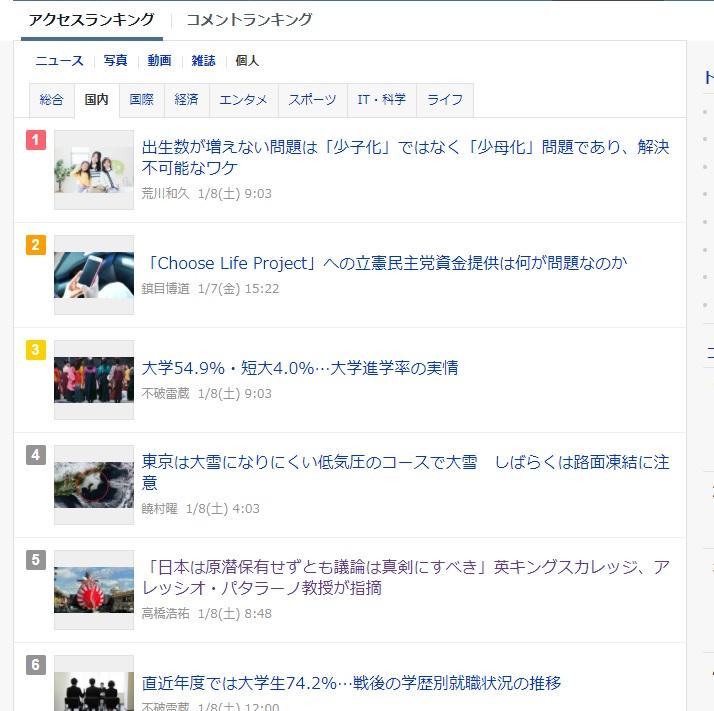
-In order for the United States to confront China in the future, why don't you ask Japan to conduct joint surveillance activities in the South China Sea by the Maritime Self-Defense Force (MSDF) submarines? And for that reason, is there a possibility that they will ask Japan to possess nuclear submarines?
What Japan has proven so far is that it has more institutions to manage the US-Japan alliance better than is generally appreciated. Arguably, in the South China Sea region, Japan's capacity-building assistance activities are the most important support Japan can provide to the United States.
I don't think the US would oppose Japan's possession of nuclear submarines. As far back as 1952, the United States was already strongly in favor of Japan's possession of submarines. However, the important question is whether Japan really wants to have nuclear submarines. And if you want to own it, why? Answering these questions will become more important. Because by answering that question, you are giving the United States an option that the United States and Japan have not considered before. Again, Japan's case in the South China Sea region under Abe is suggestive. Debates over what specific capabilities are useful for alliances always arise as a result of prior consultation on what the most desirable security arrangements are. It never gets ahead.
-Do you think Japan has enough technology to build nuclear submarines?
This is a tough question. Japan believes it has the technical capability to build submarines that integrate nuclear propulsion. But it will still require considerable help to build, maintain, and dispose of nuclear waste. The British experience, for example, speaks volumes.
--What do you think about the reaction of Japan's neighbors?
It also depends on the definition of "reaction". What if it was the day the nuclear submarine plan was announced? It is not hard to imagine some neighboring countries reacting negatively to Japan's past. But even in recent memory, such reactions have always occurred to defense-related Japanese moves.
The reality of security in East Asia is changing rapidly. Therefore, if only Japanese officials could send a clear strategic message to partners and competitors about their changing capabilities, the long-term reaction would be more positive than initially. . In this case, progress would have to be explained in terms of context and consistency with the constitutional arrangements.
(Related article)
● Whether or not Japan should possess nuclear submarines I asked a reporter specializing in naval forces around the world (above)
● Whether or not Japan should possess nuclear submarines I asked a reporter specializing in naval forces around the world (below)
● South Korea's possession of nuclear submarines, fear of becoming a new potential threat to Japan
● Maritime Self-Defense Force's state-of-the-art 3000-ton submarine "Hakugei" is launched - No naming record in the former Japanese Navy
The Maritime Self-Defense Force's state-of-the-art 3,000-ton submarine "Taigei" is launched -- the former Imperial Japanese Navy's submarine carrier "Ogei" is the origin of the ship's name

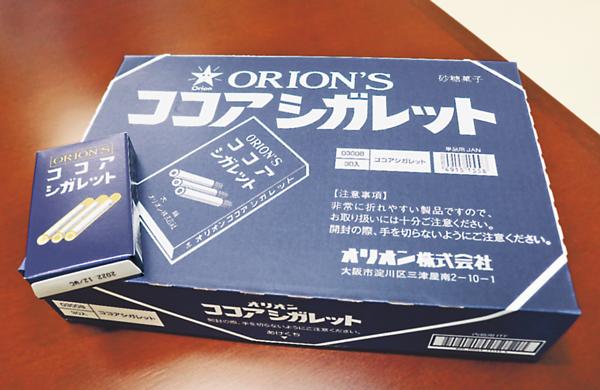

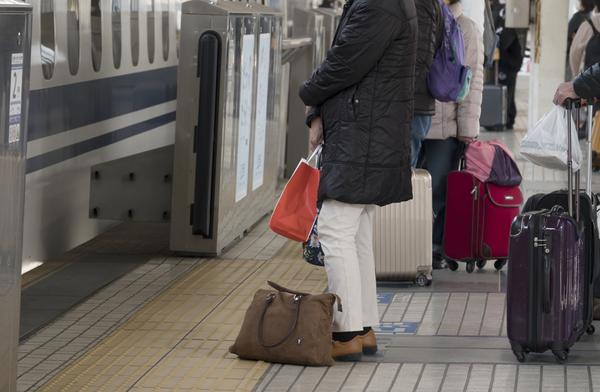
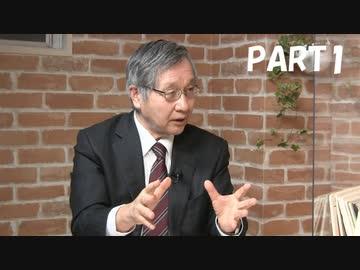
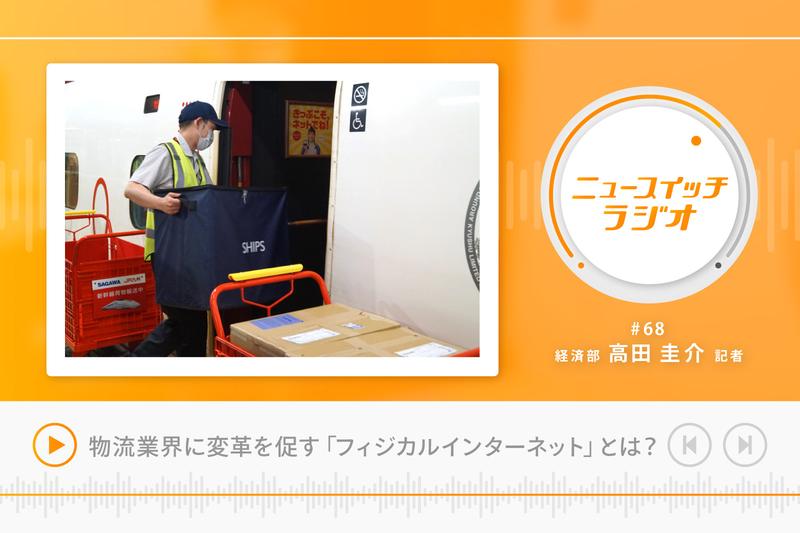
![[New Toyota Voxy (90 series)] Amplifies the characteristics of the aero body! A design that further enhances the power of the front mask! #Works direct custom deep layer 001](https://website-google-hk.oss-cn-hongkong.aliyuncs.com/drawing/article_results_9/2022/3/25/01568e2fbf021c0eaf7d013507c850a4_0.jpeg)
![[Toyota Noah / Voxy new model] Modellista releases various customized parts ... Actual vehicle exhibited at Tokyo Auto Salon](https://website-google-hk.oss-cn-hongkong.aliyuncs.com/drawing/article_results_9/2022/3/25/8268612c1e5941e62d3dfd07f8991b2f_0.jpeg)

